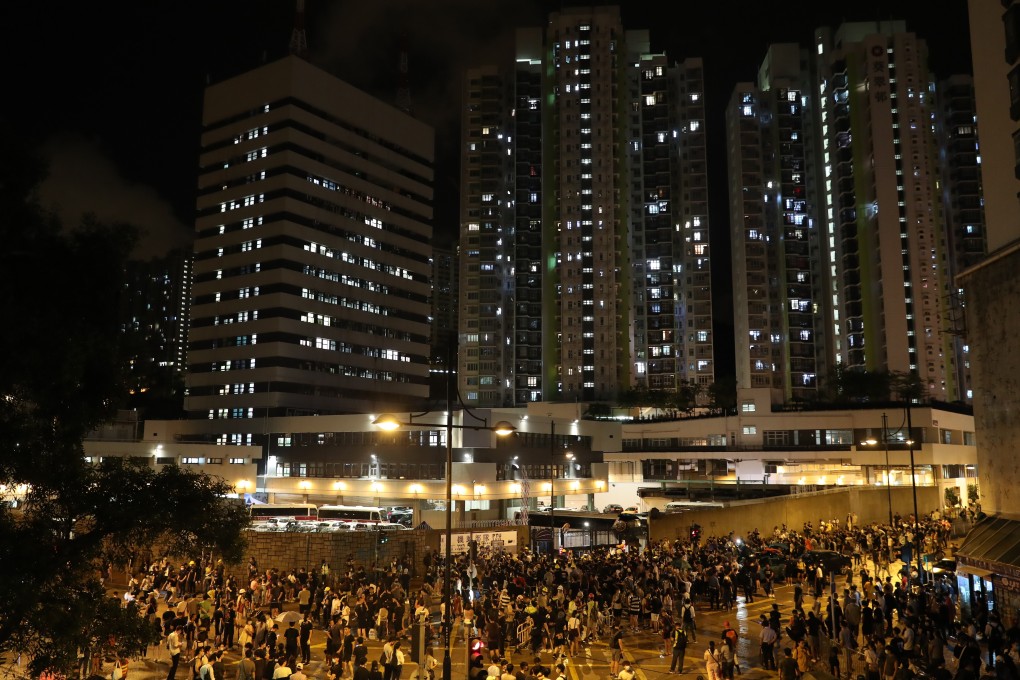Editorial | Urgent action needed as Hong Kong’s political crisis continues to escalate
- Something must be done to ease tensions, while police must also take steps of their own to be seen to enforce the law without fear or favour so as to restore their reputation

It is time for everyone to reflect on just how grave the city’s political crisis has become. The latest escalation goes well beyond mass marches, protests and violence. It has engulfed elements of Hong Kong’s social and economic stability.
Protests have disrupted mass transport at peak hours, directly affecting work and private lives.
Hundreds of government workers are expected at a rally on Friday over the shelved extradition bill, signalling an unprecedented split in the civil service, with senior officers contending it should remain neutral.
A strike has been called in a number of industry groups for Monday. A citywide strike including civil servants cannot be ruled out. Police in the eye of the storm on the streets have been portrayed as the enemy of the people.
Yet, at the same time, Chief Executive Carrie Lam Cheng Yuet-ngor has projected confidence in the future while rallying support from 40 business leaders and pledging every effort to deal with divisions in society, without saying how she plans to go about it.
But something must be done and, most importantly, be seen to be done. The only sign of concrete action has come from the Independent Commission Against Corruption, with an investigation narrowly focused on whether misconduct by public officials was involved in the police response to the attack by white-clad men at Yuen Long MTR station on July 21 in which dozens were injured.
